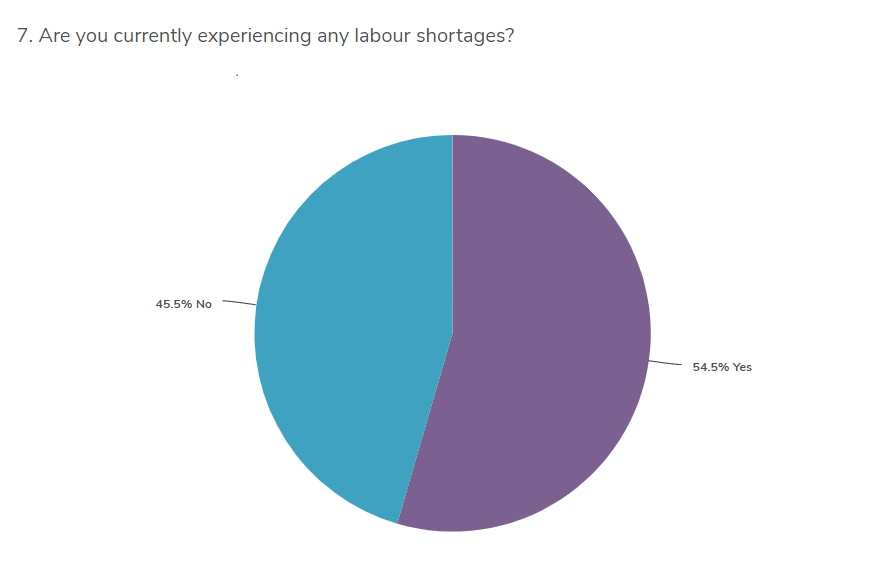
Action to take for positive lateral flow device test at home
The Government has confirmed that anyone who gets a positive result from a lateral flow device (LFD) test undertaken at home should get a PCR test to confirm the result. However, in the event of a positive result from an LFD test undertaken at a test site, a follow up PCR test is not required and the individual and anyone they live with must self‐isolate from 10 days from the date of the test.
Build UK has published a guide to the Government’s workplace testing programme, which provides an overview of the LFD testing process and the steps required to set up a test site. Members interested in offering workplace testing must register via the Government’s online portal by next Wednesday 31 March and tests will then be provided free of charge until the end of June.





